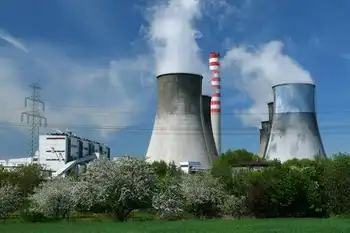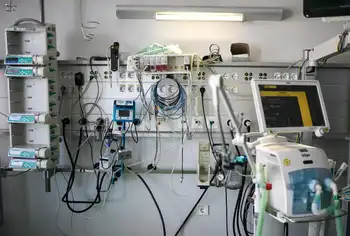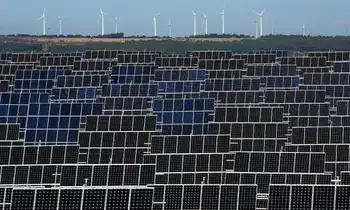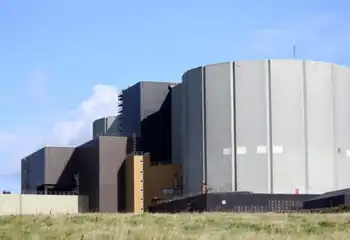Lights out for oil-rich Nigeria
By Fortune Magazine
NFPA 70e Training - Arc Flash
Our customized live online or in‑person group training can be delivered to your staff at your location.

- Live Online
- 6 hours Instructor-led
- Group Training Available
Not surprisingly, morale is low. "We are told of massive funding, but the funding never gets here," says Akintoye, an engineer at the plant. "We don't have spare parts. The contractors who built the plant are not given the maintenance contracts, which are determined by the regime in power. Even if we are operating optimally we can't serve Lagos, with a population of ten million."
So it goes in Africa's largest city, in a country with more oil than any other on the continent. For large parts of the day, Lagos is without power. After 8 P.M., darkness reigns. At best Nigeria generates 4,000 megawatts of electricity for its 140 million people, one-tenth of what South Africa produces for a population one-third as large.
Most businesses in Nigeria, large and small, get around the problem by generating their own electricity and using the national grid only as a backup. Foreign investors are told to BYOI - bring your own infrastructure.
When MTN, a South African mobile-phone company, set up shop in Nigeria, it had to install 6,000 generators to supply its base stations for up to 19 hours a day. The company, now the largest mobile-phone provider in Nigeria, spends $5.5 million a month just on diesel fuel to run its generators. "We rely on generating plants as our primary source of power," says Wale Goodluck, MTN Nigeria's manager for regulatory affairs.
The same is true for small businesses. Barbers, welders, and bakers all rely on their own power supplies, which is three times costlier and far more polluting than getting electricity from the national supply system. "I can employ 50 more tailors, but the power outage is wrecking my business," says Okorie Idika, who owns a shop that makes babariga, traditional garments. "I can't run this operation on generating plants. I won't be competitive."
It wasn't always this bad. Nigeria used to have 79 power stations. When civilian rule was restored in 1999, only 15 were still functioning, generating just 1,500 megawatts of electricity. Olusegun Obasanjo, who became President after the military regime, spent $8.5 billion repairing and building power stations, but the output has not increased significantly. Emmanuel Adewole, an economics professor at Lagos State University, calls it "the most expensive darkness in the world."
The World Bank estimates that the country is losing about $600 million a year because of inadequate supplies of electricity. Nigeria's new President, Umaru Yar'Adua, has called the power situation "abysmal," saying it has stunted the country's economic growth, and he has pledged to make fixing it a priority of his administration.
But the task is daunting. One problem: getting gas to the plants from the Niger delta, where rebels regularly vandalize pipelines. Corruption also runs deep, and consumers, who see no need to pay their energy bills, owe billions of dollars to the state-owned Power Holding Corp. of Nigeria. (Prepaid cards are increasingly being used, but in a country where everyone is an electrician, many have figured out how to bypass the meters.) The government wants to privatize the company and is taking bids for power-generating plants from 400 local and foreign investors. Ultimately, only the transmission platform will be held in trust by the government.
Until then, Nigeria's environment will continue to take a beating. Because of power outages, most families, in both urban and rural areas, use firewood as fuel for cooking. Swaths of forests are being hacked down daily to meet this need. And millions of diesel generators only add to the environmental burden. "Even the architecture of premises and houses is designed around generating sets," says Uma Obasi, a logistics expert with British American Tobacco in Lagos. "The din from these plants is literally driving people crazy."











